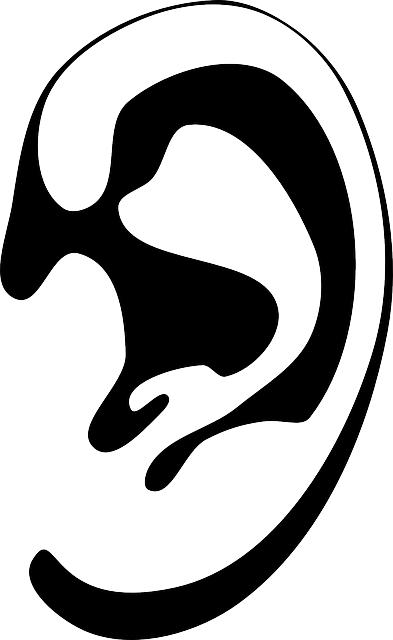Cutting Edge: TMS treatment is safe, eases depression just like medication, says expert – The Indian Express
In recent times, brain stimulation therapies, that are non-invasive and use magnetic fields to stimulate nerve cells, have gained currency to treat psychological disorders just like medication or psycho-therapy. In fact, these are safe and their efficacy has been proven in many clinical trials. Which is why the Department of Psychiatry, Post Graduate Institute of Medical Education & Research (PGIMER), Chandigarh, has adopted novel techniques in its mental health management protocols.
…….

In recent times, brain stimulation therapies, that are non-invasive and use magnetic fields to stimulate nerve cells, have gained currency to treat psychological disorders just like medication or psycho-therapy. In fact, these are safe and their efficacy has been proven in many clinical trials. Which is why the Department of Psychiatry, Post Graduate Institute of Medical Education & Research (PGIMER), Chandigarh, has adopted novel techniques in its mental health management protocols.
Dr Shalini Naik, Assistant Professor of Psychiatry, who completed her post-doctoral fellowship in brain stimulation from NIMHANS, Bengaluru, before learning advanced brain stimulation techniques in the UK, said, “We were hit by the lockdown but have resumed regular services over the last three months. So far, more than 300 patients have received Transcranial Magnetic Stimulation (TMS), mainly for depression, obsessive-compulsive disorder, substance use disorders, schizophrenia, post-stroke depression, migraine and tinnitus.”
Since 2016, PGIMER has been using novel techniques such as TMS and Transcranial Direct Current Stimulation (TDCS) for the treatment of psychiatric, neurological and ENT conditions.
TMS was invented as early as 1985 to deliver short magnetic pulses to the scalp. These painlessly traverse the skull and generate changes in the underlying nerve cells as well as their connections in the brain, said Dr Naik. This equipment works on Faraday’s principles of electromagnetic induction and is a classic example of using physics to bring about changes in the brain. Based on the pattern and rate of stimulation, it can either enhance or suppress underlying brain activity, says Dr Naik.
“In 1996, Pascual-Leone and colleagues used this unique property of TMS to cause focal (region-specific), non-invasive (without a surgical procedure) neuromodulation (change in neuronal activity) in a practically painless manner to treat patients with major depressive disorders. Over the last three decades, there have been several experiments to confirm these findings and today, TMS is a well-established treatment of major depression, a severe and common mental health condition that significantly contributes to the global disease burden,” she adds.
TMS is particularly leveraged in depression because of the various lines of neurobiological investigation that suggest individuals with depression had diminished activity in their left pre-frontal cortex, which slumped them into depression. TMS, when delivered at a rapid rate (10-20 pulses in a second), can improve one’s mood by enhancing the left pre-frontal brain activity. It is usually administered in 30-45-minute daily sessions for four weeks. “Recent advances allow us to precisely locate the target brain regions using the patient’s own MRI scan images,” says Dr Naik.
She adds, Electroconvulsive Therapy (ECT) has no substitute and remains the first line of treatment because of its effectiveness, though the ethical questions remain. Doctors make an informed decision about using these brain stimulation techniques based on how a patient will benefit. “Here at PGI, we get …….
Source: https://indianexpress.com/article/lifestyle/health/tms-treatment-safety-depression-expert-7934279/







